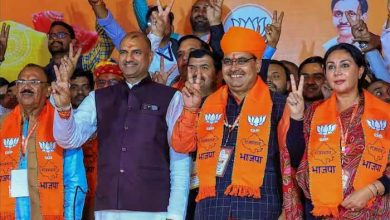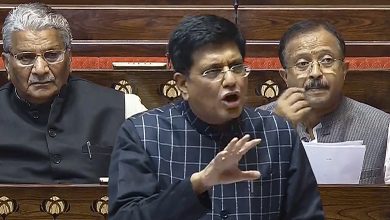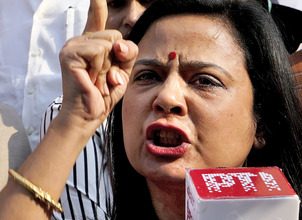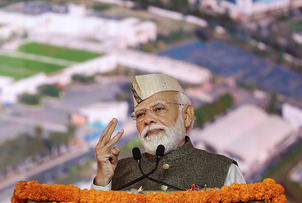‘Time to call the bluff, bust myths created to demonise Muslims’
New Delhi, Mar 07 (PTI):
Declaring that the time has come to bust “myths created by Hindutva groups” to demonise Muslims, former chief election commissioner SY Quraishi says Islam is not hostile to the concept of family planning and Muslims are the least polygamous among all communities in India.
There is also no organised conspiracy by Muslims to overtake Hindus in terms of population and their number can never rival that of Hindus in the country, Quraishi argues in his newly released book The Population Myth: Islam, Family Planning and Politics in India .
He uses facts and figures to demolish propaganda that he says is reaching a crescendo .
“If you repeat a lie a hundred times, it becomes the truth,” Quraishi added in an interview to PTI on his book.
The propaganda, he said, has become very blatant and gained traction, and it’s time to challenge the narrative perpetuated against the community over the years. One myth, which most Muslims also believe, is that Islam is against family planning. But that is not so at all, Quraishi said.
“A close look at Islamic jurisprudence reveals that Islam is not against family planning at all. On the contrary, it is the pioneer of the concept, a fact that has got blurred over the years because of skewed interpretations of the Quran and Hadith,” Quraishi said. “I have argued that the Quran has nowhere prohibited family planning,” he added while stressing that there are only interpretations – for or against.
Islam, he explained, is supportive of family planning ideas as it expects youth to marry only when they have the wherewithal to support a family. It lays great emphasis on the health of mother and children and the need for proper upbringing,” said the former bureaucrat who was chief election commissioner from July 2010 to June 2012.
Quraishi argues in his book that family planning is actually not a Hindu-versus-Muslim issue as the two communities have similar statistics and stand shoulder to shoulder in the socio-economic indicators that influence family planning behaviour. Their socio-economic conditions are region specific, and that is what determines their fertility behaviours, he asserts.
It is true that a Hindu-Muslim fertility differential persists in the demographic reality of India, but this is due to the relative backwardness of Muslims in all factors that determine fertility behaviour — literacy, income and access to services being some of them.








